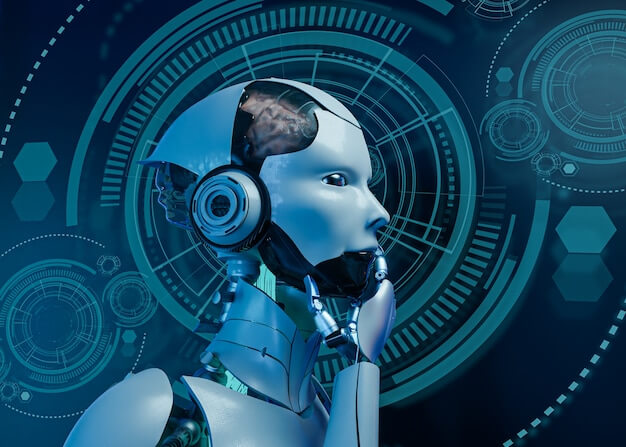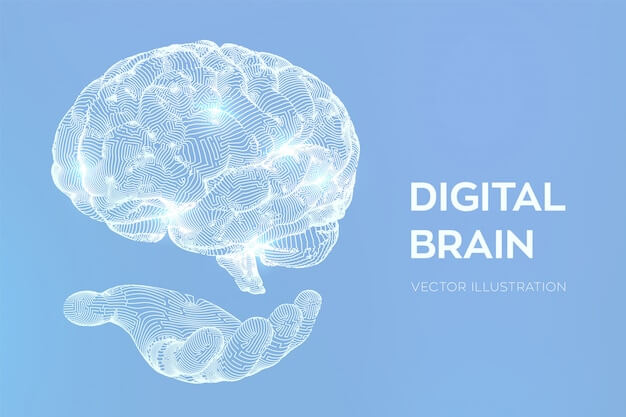The integration of deep learning with traditional industries in application has made AI an unprecedented explosion. But as Li Feifei, a professor at Stanford University, said, there is still a long way to go no matter in terms of intelligence, manpower or machine equipment.
AI
AI models have many definitions today. They can be a parallel universe containing the digital version of human beings and the world, or a three-dimensional network that replaces today's two-dimensional network, or a graphical interface for predictive analysis and product design cooperation.
Language models are artificial intelligence techniques that generate natural language based on a given text, and OpenAI's GPT family of language models is one of the most advanced representatives available today
Sundar Pichai, CEO of Google parent company Alphabet, announced in a post on its official website that the company will merge two AI labs, Google Brain and DeepMind, to form a new division, Google DeepMind.
IDC predicts that spending on AI technologies will increase to $97.9 billion by 2023 - more than 2.5 times the 2019 spending level.
The security of generative AI is a growing concern. In response, NVIDIA has designed and open sourced NeMo Guardrails for a wide range of LLM (Large Language Model) based applications designed for this purpose.
Artificial intelligence, also known as machine learning, is a software system pioneered decades ago and based on neural networks.
AWS recently announced several new tools for training and deploying generative AI on the cloud platform, extending its reach further into the AI software development space.
As we all know, artificial intelligence was first proposed in 1956. After 60 or 70 years of development, it has experienced a boom and then a decline. Although there is some progress in theory, there is no major breakthrough. All research is based on the modern computer prototype made by mathematician Turing in 1936. So there is still a big gap between AI and what we know.
Auto-GPT is an experimental open source application that demonstrates the capabilities of the GPT-4 language model.










